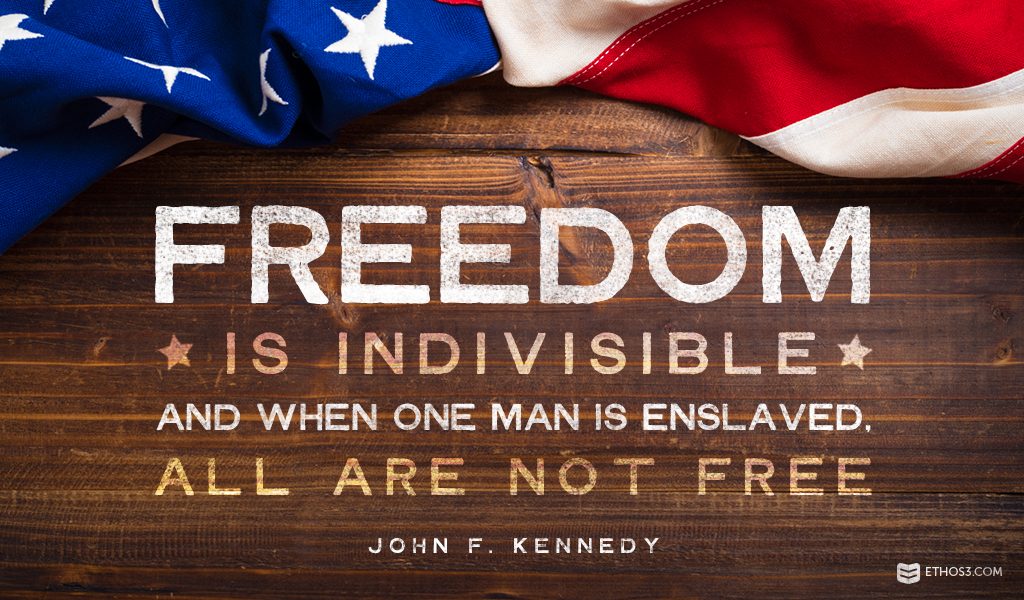With presidential duty comes the need to deliver eloquent speeches on matters of global importance. Think of every time you’ve seen a presidential slip-up or faux pas make headline news, however accidental. This in mind, John F. Kennedy is regarded as one of our most skilled presidents in the art of public speaking.
You might have heard that before; but what does it actually mean? And what can you take from knowing that information, aside from an interesting fact for your next trivia night?
We believe that examining the past is a fantastic way to find inspiration and achieve a higher level of ability in the present. Let’s start by watching one of John F. Kennedy’s most famous speeches, delivered in June 23rd in 1963. For context, this speech was an important moment during the Cold War, as it supported those in West Berlin and opposed the creation of the infamous Berlin Wall. Watch below:
There are two reasons why this powerful; it showcases Kennedy’s brilliantly humble and sincere personality, and it also sends a potent message of support without hateful language. It is the speech of an optimist. Because of this, it greatly boosted the morale of those in West Berlin; you can hear this in the crowd’s response.
Let’s break it down even further, and analyze some of the strongest elements:
“The Proudest Boast”
With his trademark humility, Kennedy doesn’t throw the weight of America around in the content of his talk. This speech is for German ears with very real concerns, and he speaks to them to inspire them as an outsider. When he says that the proudest boast is to be a “Berliner,” he is giving the audience an equivalent of a bow. It’s a beautiful tactic to put the audience first.
“Let Them Come to Berlin”
This speech is incredibly written and structured, and as with many well-crafted historical speeches, repetition is used to perfection. By saying “let them come to Berlin,” over and over, he protests the wall through the power of imagery. The concept of allowing people in is both a physical command and invitation; a command that can’t be accomplished with the implied wall.

“Ich Bin Ein Berliner”
These final words are the most chill-worthy of the entire speech. Kennedy says that because he is a free man, he can claim the united spirit of a free Berlin. By using the German language and fearlessly saying these words, he breaks down barriers and becomes an immediate ally. If you want to accomplish this same technique in your own presentation, drop your ego. Use language that your audience understands, and be clear from the start that you’re on their side.
This speech, while perfectly written, would never have succeeded without Kennedy’s authenticity. The pressure was high to get this right in the eyes of the world and those in Berlin. How Kennedy was able to achieve a perfect calm and deliver this speech is a testament to his ability; all we can do is examine these words and take note.
Want to learn more lessons from great speeches? Check out these related articles and discover something new today:
Lessons from Ancient History: Words of Leadership from Alexander the Great
A History Lesson from Aristotle
